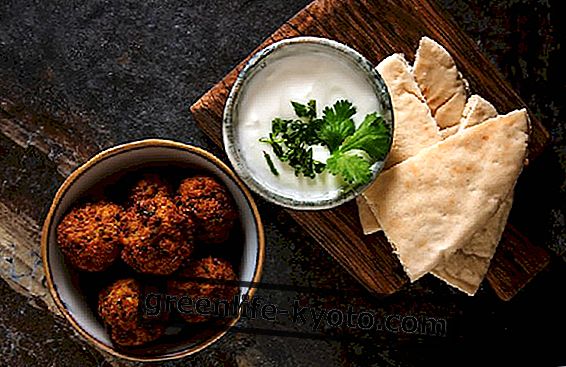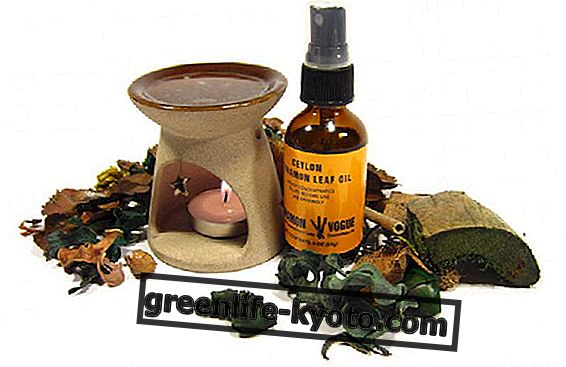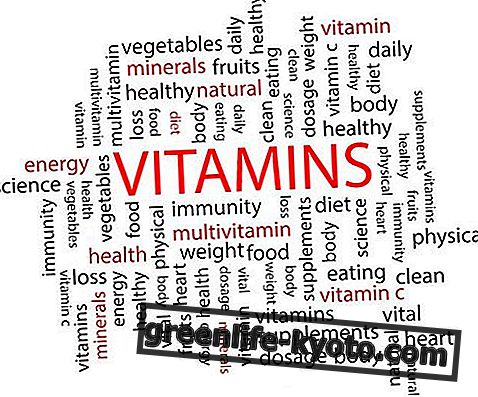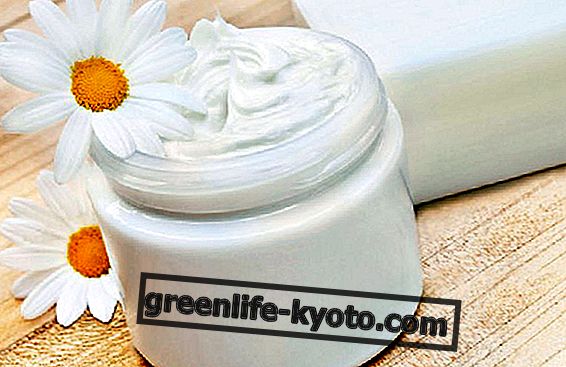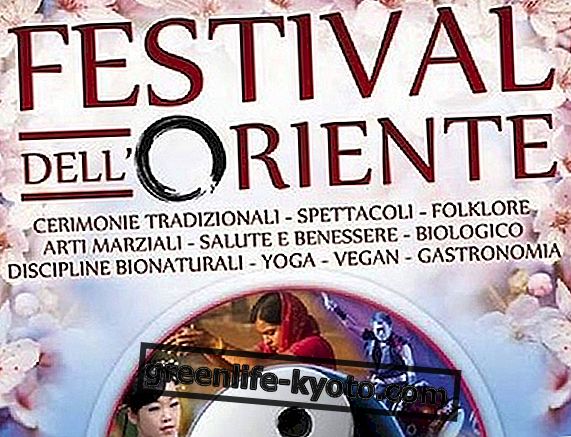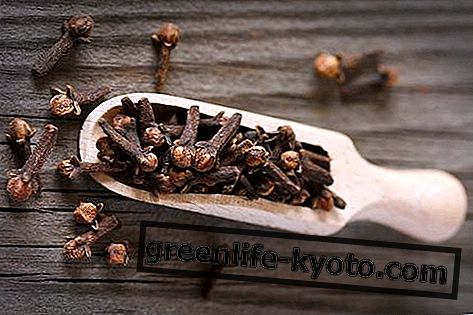An episode happened on Friday that made me deeply reflect on the importance of our attitude .
Attitude is our willingness to get answers . It is the approach, the state of mind that we take in dealing with a given situation. It is what we transmit to our interlocutor even before we start talking and that has an even greater impact than the latter. As many of you perhaps know, in fact, non-verbal communication (that is, the way in which we transmit the message: tone of voice, gestures etc.) has an impact on your communication of 93% compared to the entire communication: this means that, when you say something, what you say counts for only 7%. For the rest, the way you say it matters. Do you find it hard to believe it? Well, has it ever happened to you to propose something to your friend and to have questioned his response to the tone of voice he had used or to the expression on his face?
If our verbal communication is in contrast with the non-verbal one (the gestures, for example, or facial expressions) or paraverbale (the tone of voice) we tend instinctively to give more weight to the second one. The problem arises when we lack the awareness of what we are transmitting.
The other day, as I said, I looked at some hotels looking for a room for my next seminar, which will be held in November, during which I will talk about Coaching, goals and beliefs. I've seen several: beautiful, new, easily accessible, with every comfort. All more or less similar, until I found my hotel and my conference room.
What did they have different from the others? The responsible.
Whether it is renting a conference room, buying a briefcase, relaxing treatment, a telephone contract or anything else, the attitude of our interlocutor is fundamental.
And when did you feel really satisfied with the service received? And when did you remain terribly disappointed?
What made the difference?
Make a note of it, because we can make this same difference whenever we relate to someone .
Whether it is a sale, a service or a relationship, it is the same: our attitude profoundly influences our state of mind and therefore our behavior. This is because our attitude of mind will give us access to certain resources or not, based on what we envisage. If our intention is to give the maximum to our interlocutor, then we will be deeply focused on him, available and we will listen with the utmost attention. This attitude is very different from proposing what seems to us to be the best option, from projecting yourself, your thoughts, your truths onto the other.
I left that hotel with the feeling of having felt at home. That girl had listened to me with the utmost attention, had been helpful, smiling, interested, giving off love for what she was doing.
And I think this is a fundamental point: whatever we do we can do it with love and dedication or we can do it with mediocrity, the difference will be the value we want to give it . Jackie Robison said that "a life is not important except for the impact it has on other lives" . Before writing a post, receiving a client or talking to a friend, think about the value you want to give to your actions: if you are focused on giving your best, you will give it.
A hug,
Eleanor
www.eleonorabugane.it

